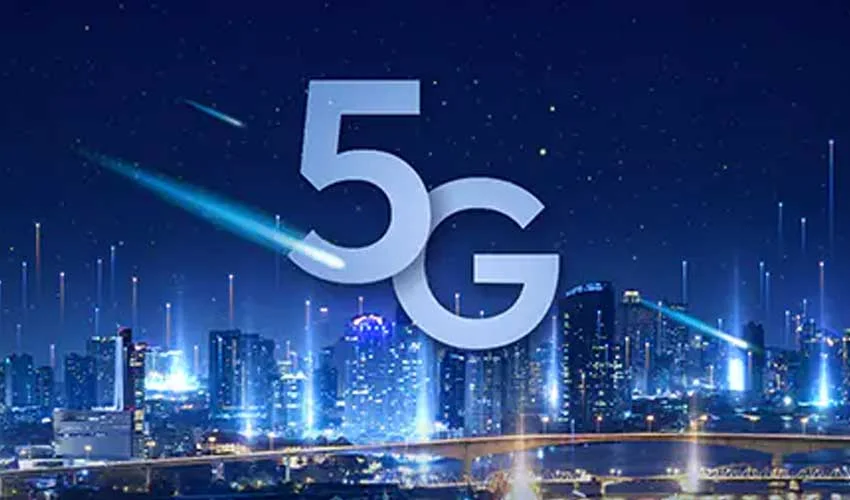Government has released more than 600 MHz of spectrum to accelerate the country’s first 5G auction, a move seen as a major step toward bridging its digital connectivity gap.
According to the Frequency Allocation Board (FAB) and the Pakistan Telecommunication Authority (PTA), a total of 606 MHz of spectrum has been freed across multiple bands, including 700 MHz, 1800 MHz, 2100 MHz, 2300 MHz, 2600 MHz, 3500 MHz, 24 GHz and 39 GHz. However, about 161.6 MHz remains tied up in court disputes, mostly in the 2600 MHz range that is critical for both 4G and 5G services.
Officials said that legal battles over spectrum ownership and the pending PTCL–Telenor merger are slowing down preparations for the auction. The government’s Auction Advisory Committee has urged quick settlement of these issues in the national interest.
Prime Minister Shehbaz Sharif has directed authorities to ensure that the 5G auction is completed by December 2025. The Ministry of IT and Telecommunication confirmed that U.S.-based consultant NERA is finalizing recommendations on auction design and pricing, after which the government will issue a policy directive.
READ MORE: Pakistan to Complete 5G Auction by Year End
Industry analysts point out that Pakistan is currently one of the most spectrum-starved countries in the region, with only 274 MHz available compared to 600 MHz in Bangladesh and 1,200 MHz in Saudi Arabia. The Pakistan Telecommunication Authority has warned that without urgent action, the country risks falling further behind its neighbors.
Economic experts estimate that the rollout of 5G could raise GDP growth by up to 2.4 percent, create millions of new jobs, boost foreign direct investment, and increase exports by nearly two percent.
To ensure transparency, lawmakers have called for oversight bodies such as the National Accountability Bureau (NAB) and the Auditor General to be involved in the auction process.
If the upcoming spectrum auction proceeds as planned, Pakistan could significantly improve its standing in South Asia’s digital economy and move closer to its goal of a nationwide 5G rollout.









